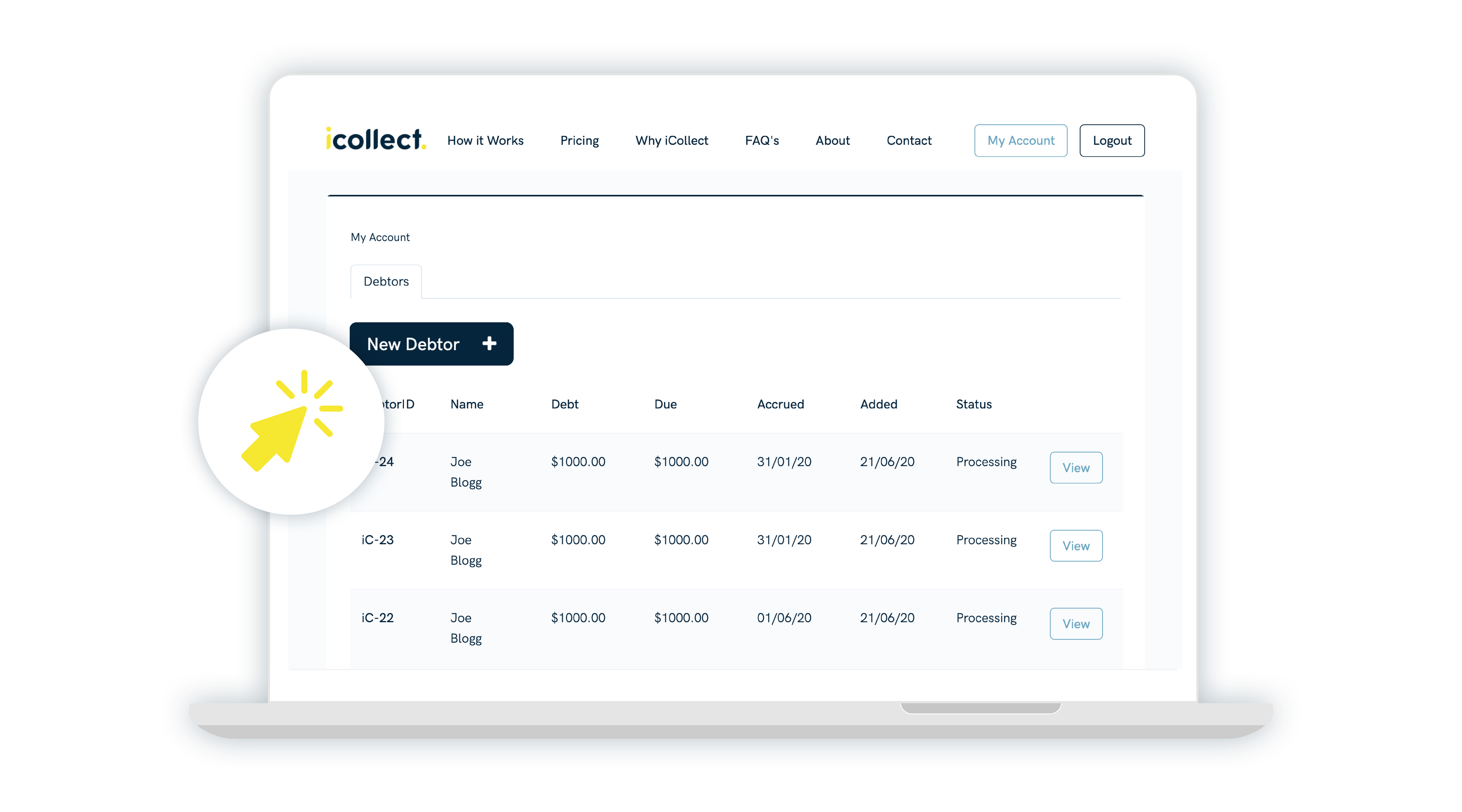Part of good financial planning is to have a good emergency fund in place to cover unexpected financial events.
Typically, it’s recommended to have a stash equivalent to 3 to 6 months of salary. The most obvious benefit is of course to prevent you going into debt and thereby debt collection.
The professionals here at iCollect have seen every scenario of people falling into debt collection, below is a common list of how easy it is to find yourself in a financial crisis.
Loss of job, a business or being made redundant?
If you find yourself in the traumatic position of losing your job or business, or if you are caught in the collateral damage of a business laying people off; you will not only have to deal with the practical implications, but also the emotional implications.
It’s important to act from a position of strength as getting a new job can be a slow process and slipping into debt is easily done. Many recruitment companies have seen the average time to hire increase from 28 days to 68 days. Employers’ processes can be lengthy between applications coming in, reviewing CVs, short-listing, interviewing and getting partners together if they are involved in the recruitment and decision making process.
Change of relationship status
The dissolving of a relationship that either entails separation or divorce, can be very costly. The re-organisation of finances from two incomes to one, has huge implications and this is an easy time to fall into debt. Take into consideration; the payment of the mortgage or rent if one partner moves out, responsibility of bill payments, change of bank accounts, legal fees and much, much more. An emergency fund in this situation, bridges the financial responsibilities, until the resolution.
Illness
If you don’t use all of your sick leave at your place of employment during a particular year (normally five days), you can carry over the unused sick leave to the following year. You can store up to 20 days of unused sick leave from previous years (more if your employment agreement allows it). After this, you may be able to use up your holiday entitlement and from there unpaid leave.
The problem can arise when an illness or injury is not covered under the ACC, or your private insurance does not cover the procedural and medicinal costs.
Unexpected home or car repair
Housing repairs can be unexpected. The roof starts leaking, the furnace dies or the washing machine will not work.
What if the car suddenly won’t start, you hit a curb on the way home from work and burst a tire or the transmission in the car goes kaput.
Most of us know, getting a professional to help with these sorts of problems are normally quite expensive. If you do not attend to these repairs, they will become more costly and impact your day-to-day life. Instead of pulling out the credit card, use the emergency fund. Credit card debt can mount quickly and soon turn into debt collection.
